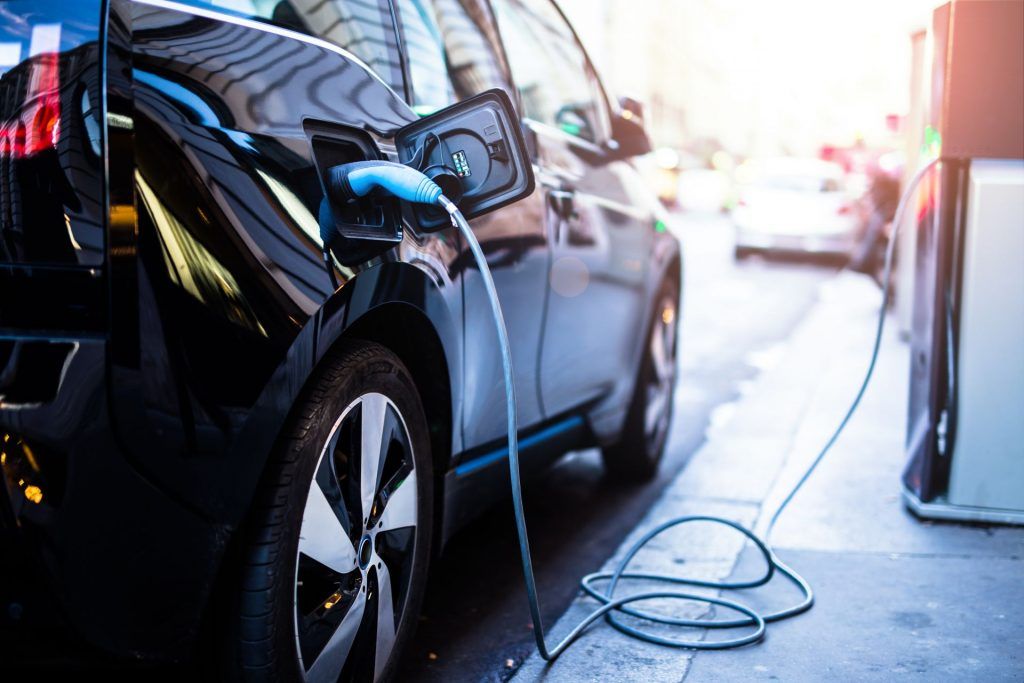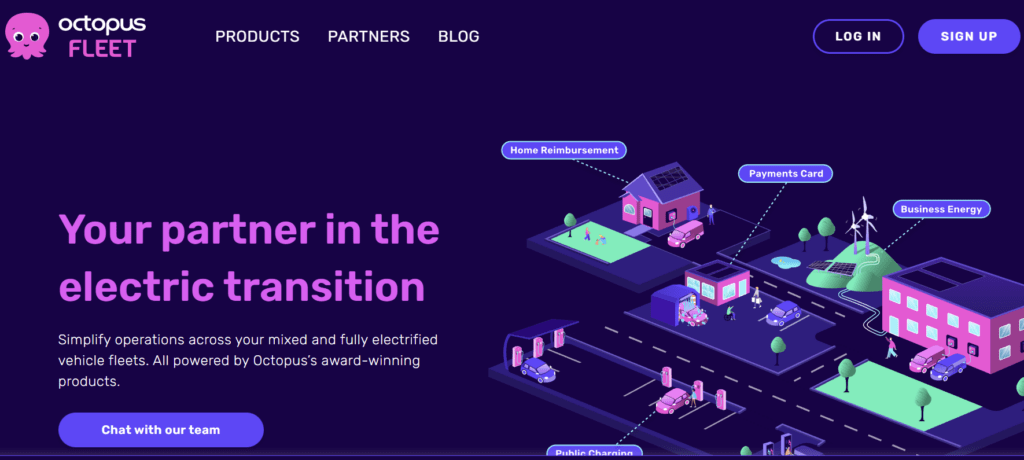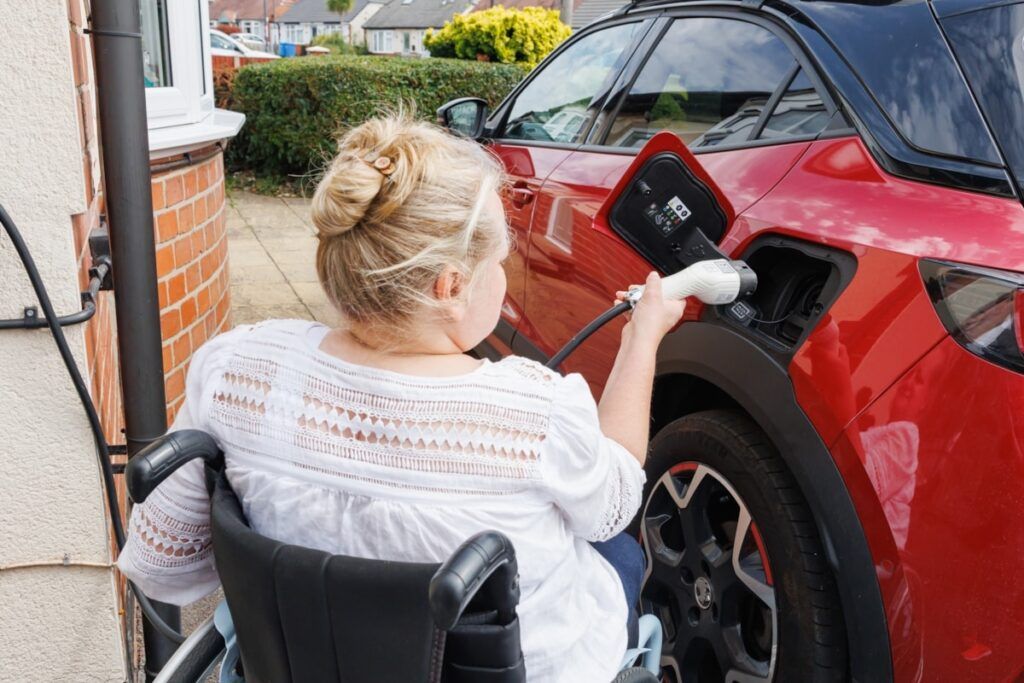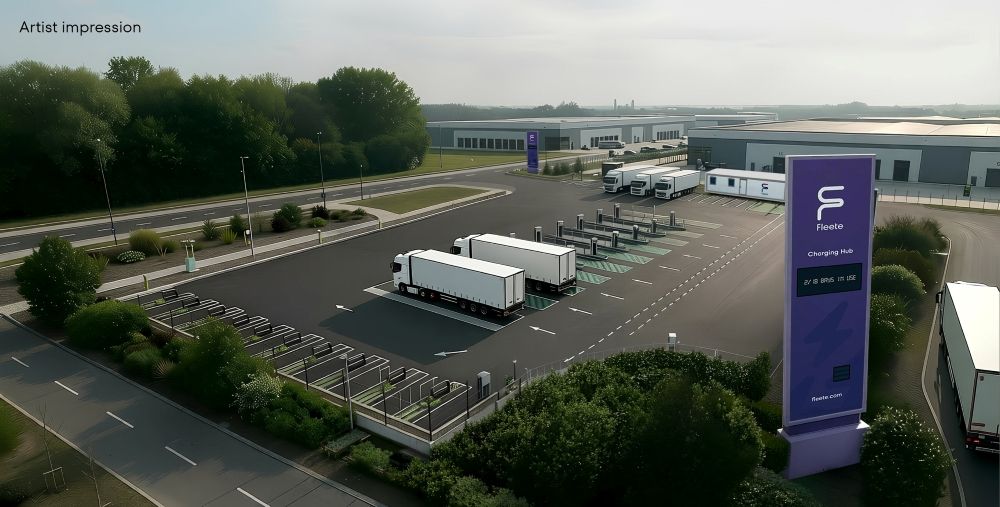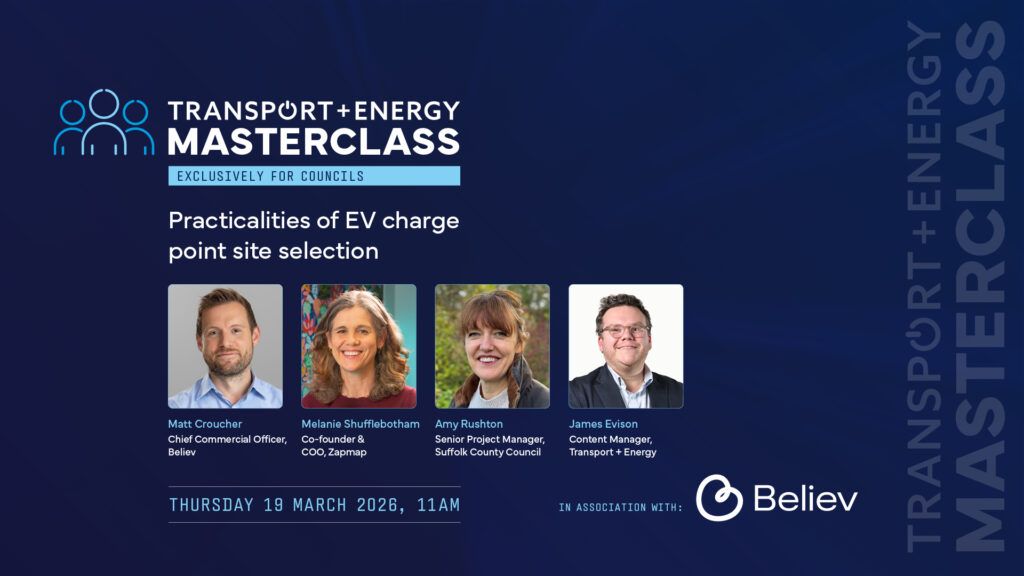The cost of flat rate charging on the public network fell by up to 8% in January – but more providers are now introducing peak and off-peak rates, according to the AA EV Recharge Report.
The report found average public lamp-post charge costs fell in line with domestic driveway costs – but peak-rate slow charging averaged 35p per kWh more expensive than last year.
The cost of public slow charging, typically carried out on lamppost chargers, fell by 8% while fast and rapid flat rates fell by 3% compared to December. Petrol pump prices in the same period fell 1.7%.
Fast and rapid peak rates were the most expensive on the market – but all providers determine their peak times differently so EV drivers should check the costs prior to plugging in, it said.
While average petrol pump prices fell by 1.7% in January to 148.80 pence per litre, the cost per mile of running a petrol car came to 14.21 pence per mile. EV drivers will only loose out using rapid charging as a top up on long journeys or peak charging rates if there are few alternatives, it said.
Jack Cousens, head of roads policy & EV charging, said: “The slight fall in electricity prices has been reflected in the flat rate prices EV drivers pay. The speed in which the prices fell is encouraging and hopefully means the ‘rocket and feather’ approach to wholesale costs experienced in petrol prices won’t be adopted by charge point operators.
“However, we believe OFGEM needs to keep a watchful eye on peak rate costs to ensure they don’t escalate to the point where it puts drivers off using them. Whilst we understand the reasons why peak rates exist, the price needs to be reasonable in relation to the speed of charge.”
Image courtesy of Shutterstock




